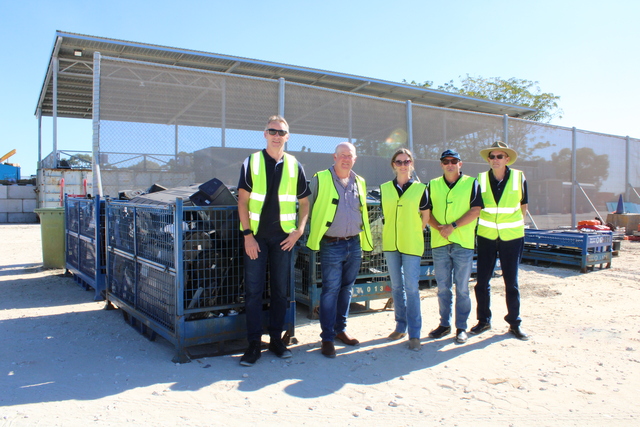The Reform and Development Agenda launched in late 1998 has, so far, failed to deliver an effective outcome in structural reform. No new Councils that meet the criteria set by the Government have so far been formed.
Although no new Councils have formed yet, the Department of Local Government believes that four new Councils, that will bring together twelve current organisations, are close to taking this step.
The reality in the Territory is that change is not sought just because Councils need to be more effective and efficient. Change is sought because many Councils fail to deliver a minimum acceptable level of service and representation.
Structural reform in the Territory faces the same problems as elsewhere. It is often difficult for communities to accept that amalgamation is a useful option. No Council wants to see its power and authority over its community’s affairs diminished.
The reality of reform in remote areas of the Territory is one where a major organisational and governance change is being proposed in a cross cultural context – where communication is heavily constrained by language differences.
It is clear that successful restructure proposals will take longer to develop and settle than might be hoped. Time needs to be taken to give Councils and communities the chance to come to grips with the reasons for change and the options that are available.
The Northern Territory approach takes as its starting point that it is people who have rights to services and representation.
It is the duty of all involved to develop and sustain a system that provides for the effective delivery of services and representative bodies that are considered legitimate by both their constituents and those with whom they must deal.







